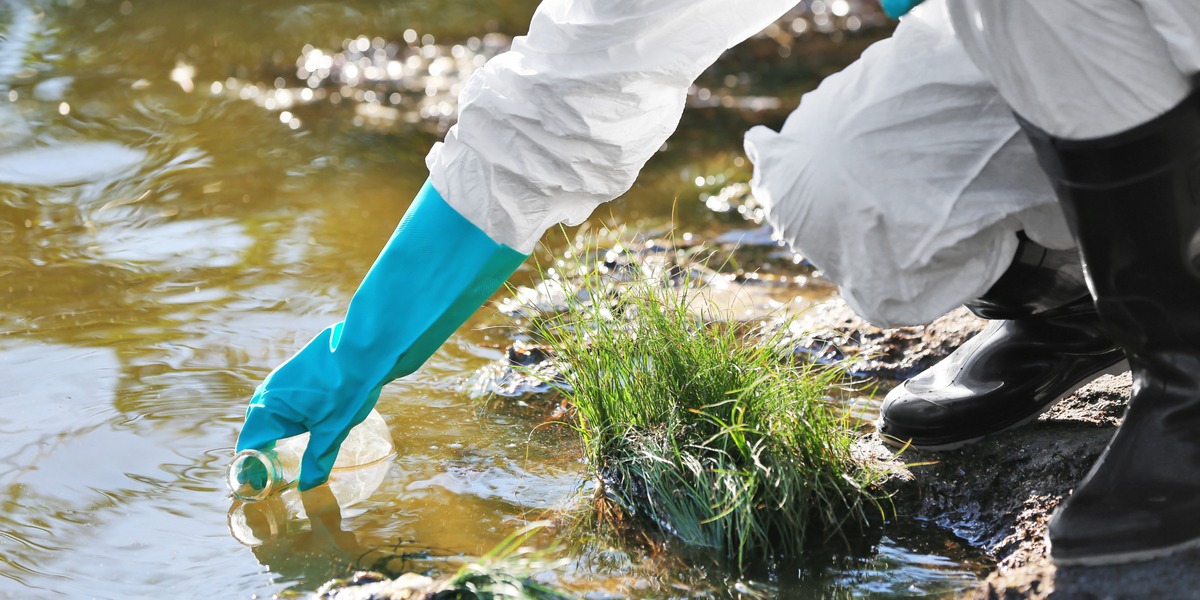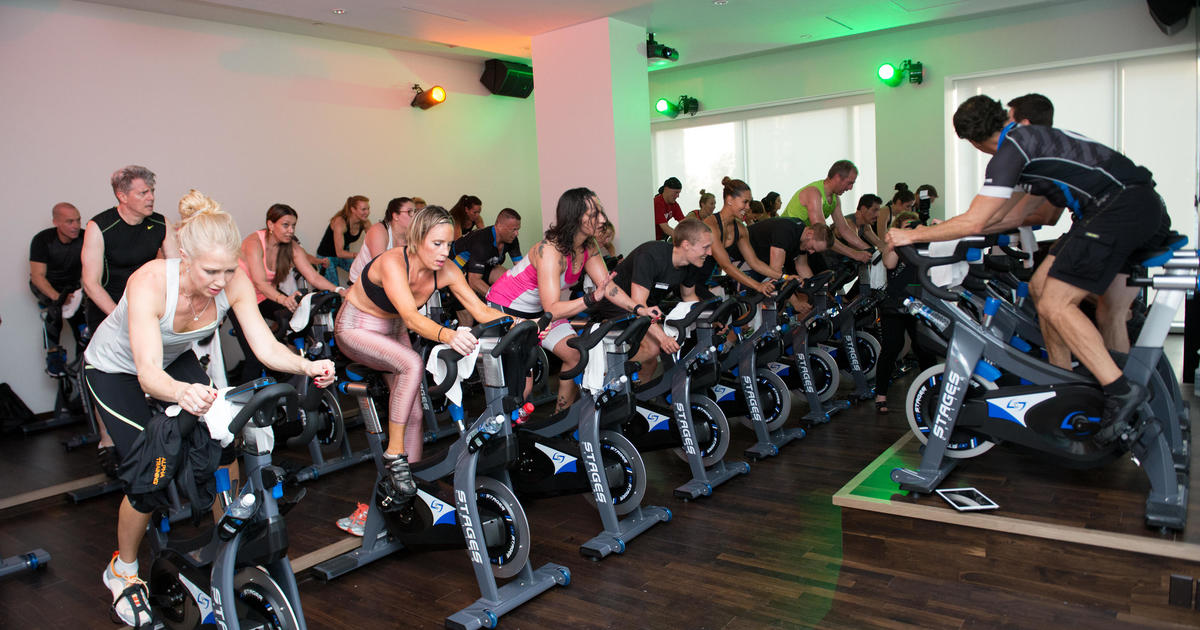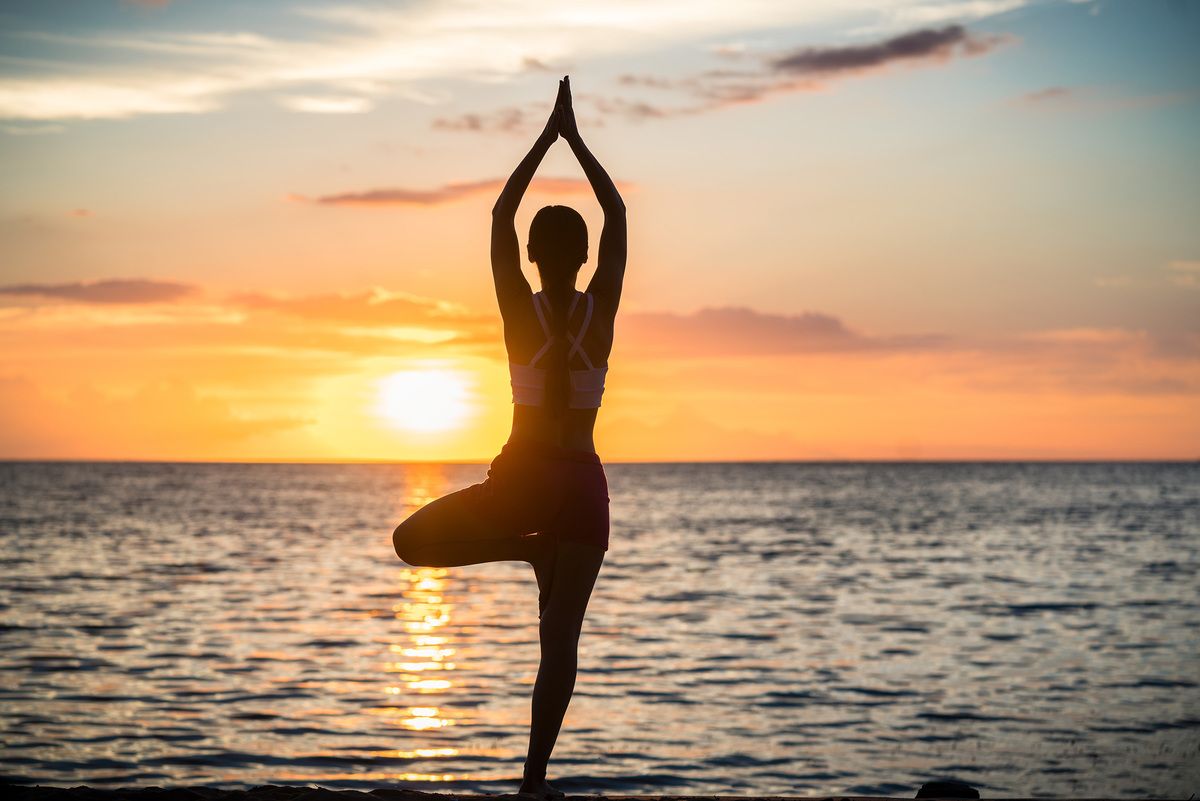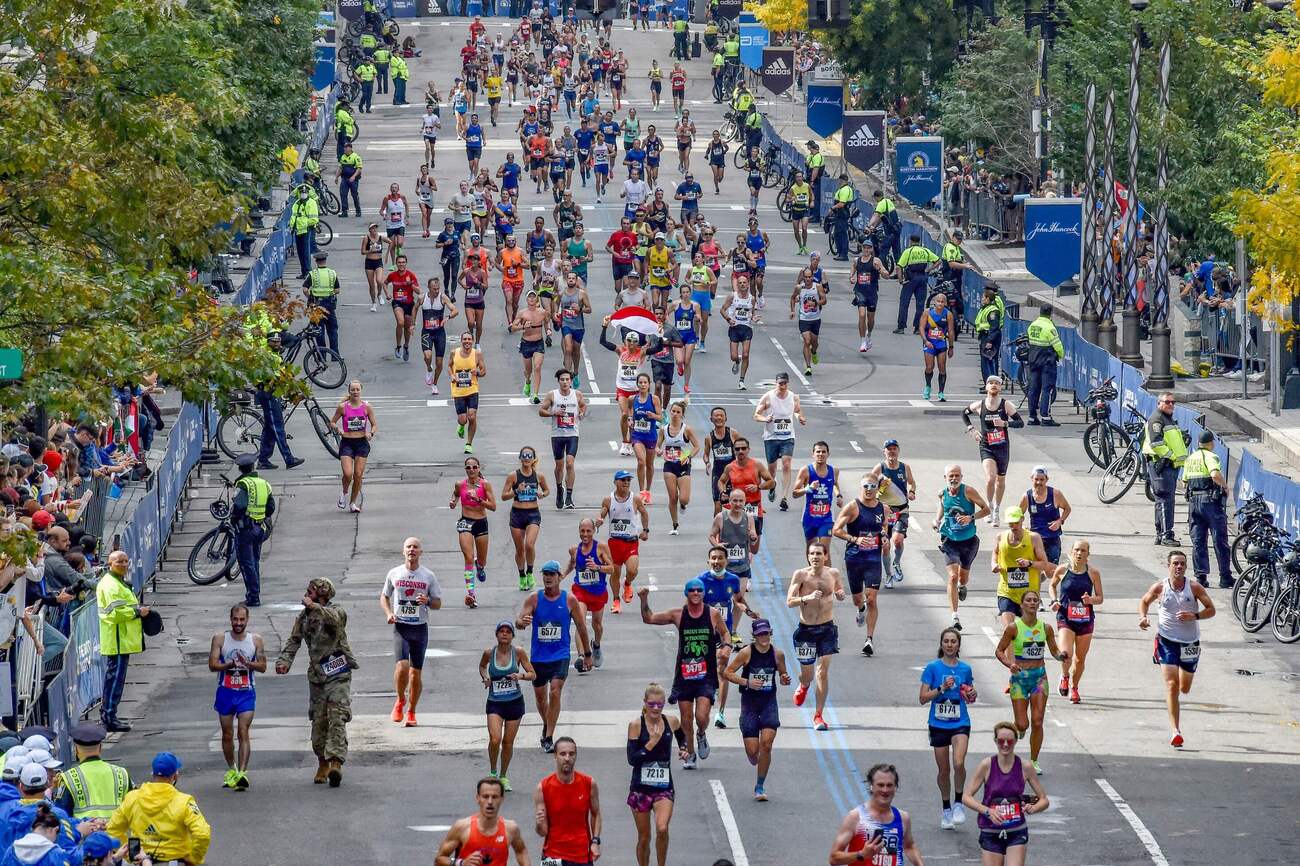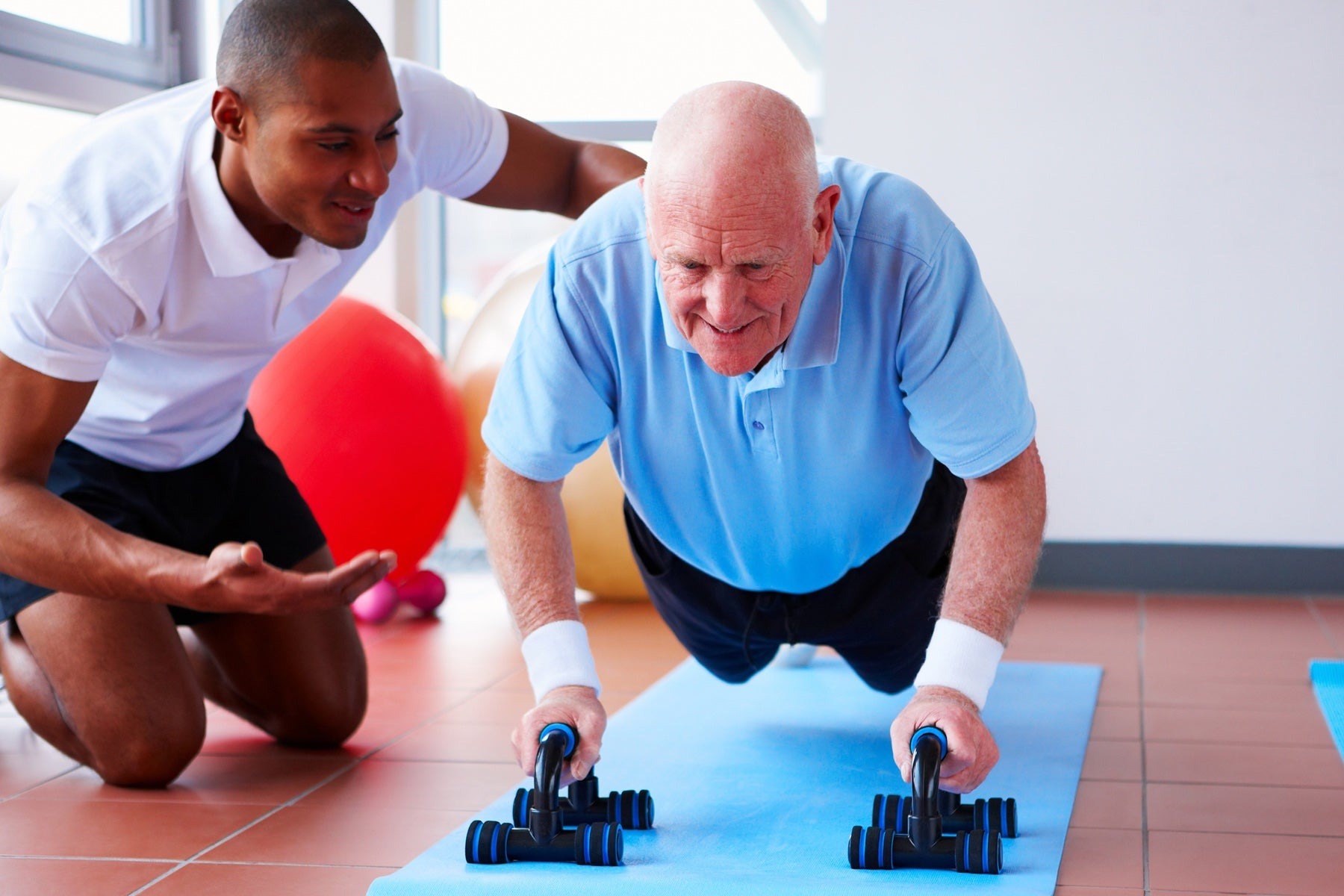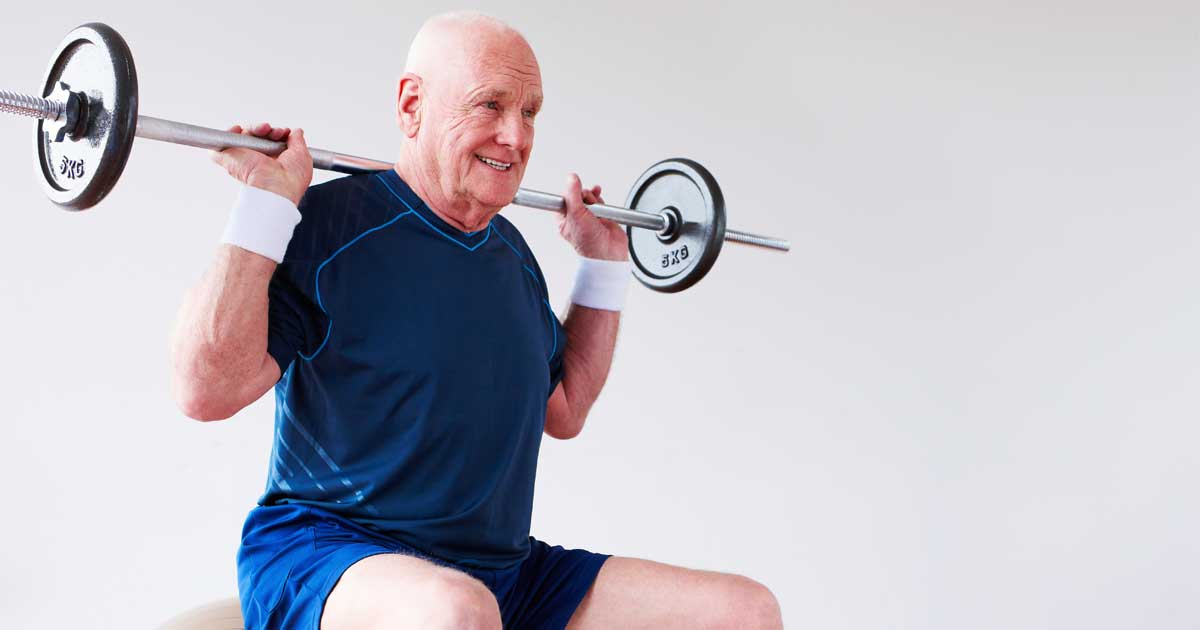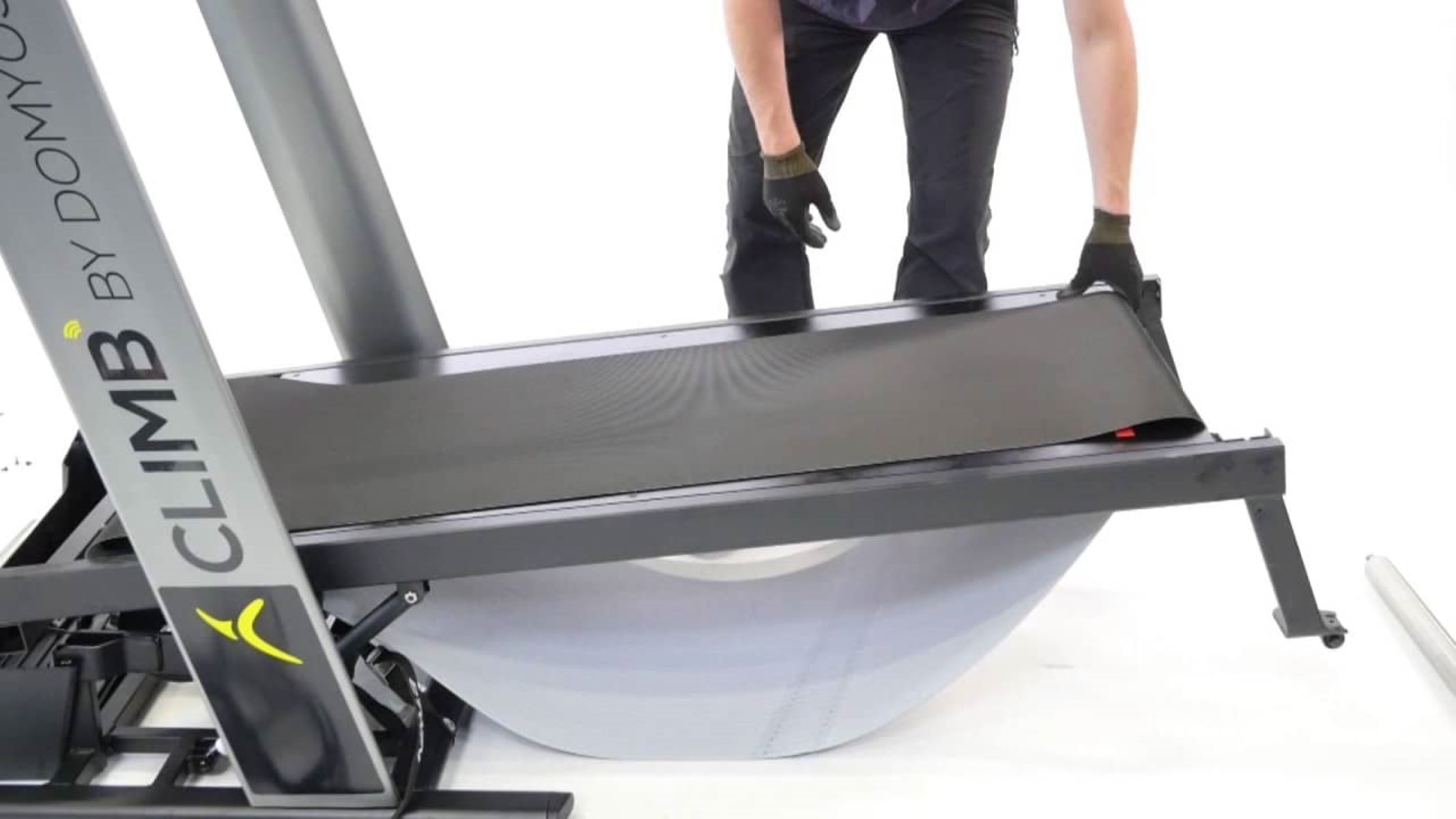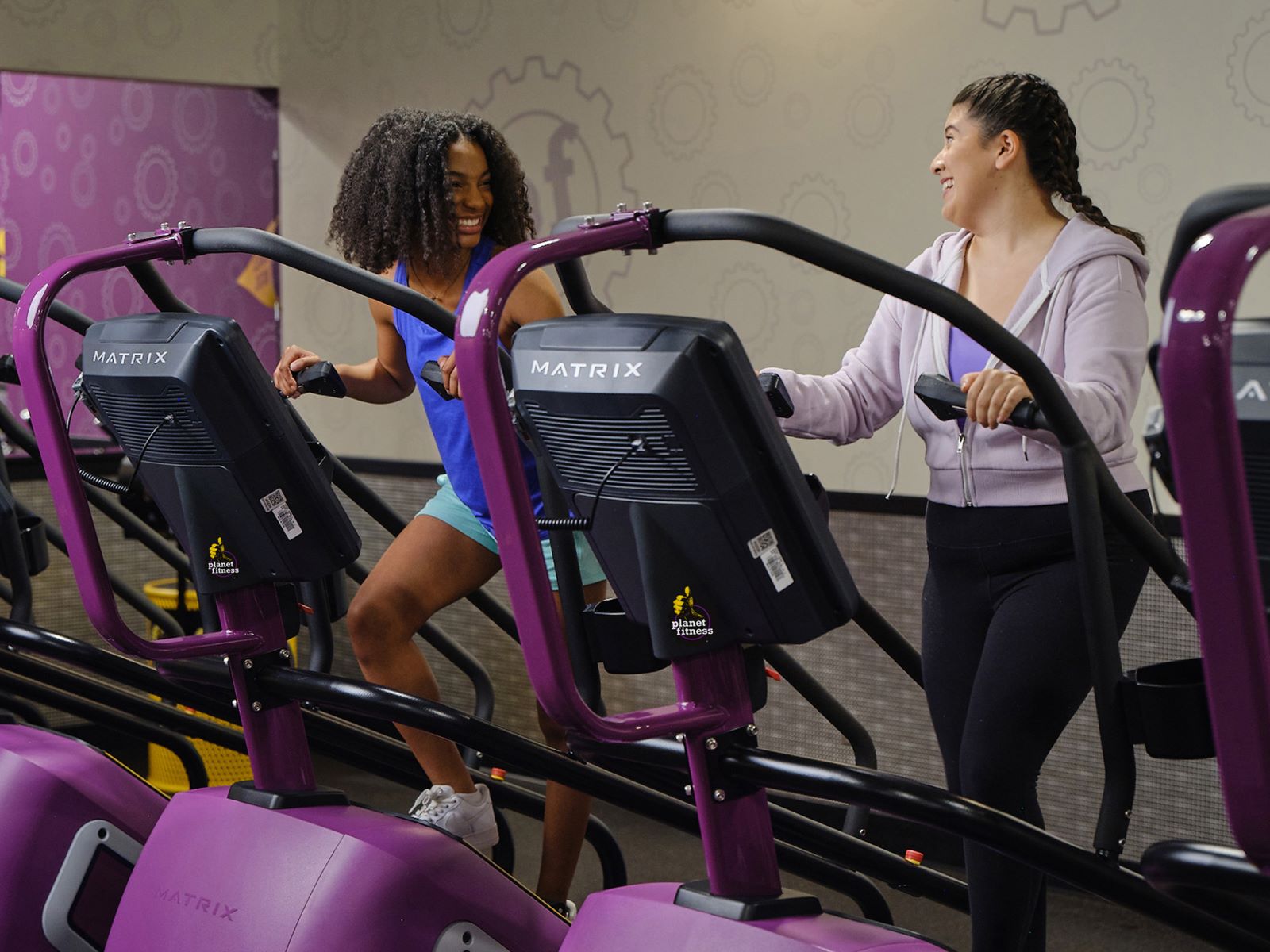

Featured
How Old To Workout At Planet Fitness
Modified: August 21, 2023
Looking to get fit at Planet Fitness? Find out the minimum age requirement and start your fitness journey today with our featured workouts.
Introduction
Welcome to the world of fitness, where exercise can transform both your body and mind. If you are contemplating joining a gym, you may have heard of Planet Fitness. As one of the largest and most popular gym chains in the United States, Planet Fitness offers a welcoming and non-intimidating environment for individuals of all fitness levels.
However, when it comes to working out at Planet Fitness, there are certain guidelines and requirements that one must adhere to. One of the most important factors to consider is your age. Age restrictions play a significant role in determining whether you can become a member and participate in various workouts and classes at the gym.
Understanding the age requirements at Planet Fitness is essential, as it ensures that individuals of different age groups can engage in fitness activities safely and appropriately. This article will explore the age requirements at Planet Fitness, the benefits of exercising at a young age, potential risks and considerations, and provide guidelines for teenagers and modifications for younger individuals.
Whether you are a parent looking to enroll your teenager in a gym or a young individual eager to start their fitness journey, this article will provide you with comprehensive information to help you make informed decisions about working out at Planet Fitness.
Age Requirement at Planet Fitness
Planet Fitness aims to create an inclusive and safe environment for its members. As such, they have established certain age requirements to ensure that individuals of all ages can benefit from their facilities and programs. The minimum age requirement to become a member at Planet Fitness is typically 13 years old. However, this age requirement may vary slightly depending on specific locations and local regulations.
For teenagers between the ages of 13 and 17, Planet Fitness offers a special membership option called the “Teen Summer Program.” This allows teenagers to access the gym facilities and enjoy workout sessions during summer months. It’s a great opportunity for young individuals to develop healthy habits and introduce regular exercise into their lives.
It’s important to note that individuals under the age of 18 must have a parent or legal guardian present to sign the membership agreement on their behalf. This parental involvement ensures that teenagers have the necessary guidance and supervision while using the gym equipment and engaging in different activities.
Additionally, Planet Fitness requires individuals to provide proof of age when joining. This can be done through a valid ID, such as a passport or driver’s license, to verify that an individual meets the minimum age requirement.
While the minimum age requirement at Planet Fitness is 13 years old, it’s worth mentioning that children under the age of 13 are not permitted to use the facilities or participate in workouts. This policy is in place to prioritize their safety and well-being, as heavy equipment and certain exercises may not be suitable for young children.
Overall, the age requirements at Planet Fitness are designed to ensure that all members can exercise safely and make the most out of their fitness journey. By providing appropriate guidelines and restrictions, Planet Fitness aims to create an environment that is conducive to the well-being of individuals of all ages.
Benefits of Exercising at a Young Age
Engaging in regular exercise from a young age offers numerous benefits for physical, mental, and emotional well-being. Here are some compelling reasons why exercising at a young age is advantageous:
1. Physical Health:
Regular exercise helps build a strong foundation of physical health. It strengthens the cardiovascular system, improves muscular strength and endurance, enhances flexibility, and promotes healthy bone development. Engaging in physical activity during adolescence can lead to lifelong habits of staying active, reducing the risk of chronic diseases such as obesity, heart disease, and type 2 diabetes.
2. Cognitive Development:
Exercise has been linked to improved cognitive function, attention, and academic performance. Physical activity stimulates the release of endorphins, neurotransmitters responsible for mood enhancement and reducing stress. By incorporating exercise into their routine, young individuals can experience better concentration, increased productivity, and enhanced overall cognitive abilities.
3. Mental Well-being:
Regular exercise is a powerful tool for managing stress, anxiety, and depression. It promotes the release of serotonin and dopamine, chemicals known for their positive effects on mood and emotional well-being. Exercising at a young age can help reduce symptoms of depression, boost self-esteem, and improve overall mental health.
4. Social Interaction:
Joining a gym or participating in fitness classes provides young individuals with opportunities for social interaction and building friendships. Exercising alongside peers fosters a sense of community and support, which can enhance motivation and enjoyment of physical activity. These positive social connections can contribute to improved mental health and overall happiness.
5. Healthy Habits for Life:
Developing healthy habits at a young age sets the foundation for a lifetime of wellness. Engaging in regular exercise teaches discipline, responsibility, and the importance of taking care of one’s body. By instilling these habits early on, individuals are more likely to continue leading an active and healthy lifestyle as they grow older.
It’s important to note that while exercising at a young age offers numerous benefits, it should be done safely and within appropriate guidelines. Understanding the potential risks and considerations is essential to ensure a safe and effective fitness journey. Let’s explore these aspects in the next section.
Potential Risks and Considerations
While exercise is generally beneficial for young individuals, there are certain risks and considerations to keep in mind to ensure safety and prevent any potential harm. Here are some key factors to consider:
1. Growth and Development:
During the growth and development stage, it’s crucial to focus on exercises that are appropriate for a young individual’s age and physical capabilities. Intense or repetitive activities that put excessive strain on developing bones and joints should be avoided. Consulting with a healthcare professional, such as a pediatrician or fitness instructor, can provide personalized guidance based on an individual’s unique needs.
2. Overtraining and Burnout:
Young individuals may be enthusiastic about exercising, but it’s important to avoid overtraining and burnout. Pushing beyond one’s limits without adequate rest can lead to injury, fatigue, and diminished performance. Balancing exercise with rest days and ensuring proper hydration, nutrition, and sleep are essential for maintaining overall well-being.
3. Proper Form and Technique:
Learning proper form and technique is crucial to prevent injuries and maximize the benefits of exercise. Young individuals should receive guidance from qualified instructors or trainers who can teach them the correct way to perform exercises and use equipment safely. Incorrect form can lead to strains, sprains, or more serious injuries.
4. Age-Appropriate Activities:
Choosing age-appropriate activities is vital for a safe and enjoyable fitness experience. Young individuals should engage in activities that align with their physical abilities, interests, and developmental stage. Low-impact exercises, such as swimming, biking, or brisk walking, can be excellent options that cater to different fitness levels.
5. Listen to the Body:
Paying attention to the body’s signals is crucial in preventing overexertion and injury. Encourage young individuals to listen to their bodies and take breaks when they feel tired or experience pain. It’s essential to differentiate between muscle soreness from a challenging workout and the signs of potential injury.
It’s equally important for parents and guardians to be involved in the fitness journey of young individuals. Providing guidance, support, and supervision, and ensuring compliance with safety protocols can help create a positive and secure exercise environment.
By being aware of these potential risks and considerations, young individuals can enjoy the benefits of exercise while minimizing the chances of injury and other negative outcomes.
Guidelines for Teenagers at Planet Fitness
Teenagers who are members of Planet Fitness can follow specific guidelines to ensure a safe and productive workout experience. These guidelines are designed to promote proper technique, prevent injuries, and create a supportive environment. Here are some essential guidelines for teenagers at Planet Fitness:
1. Warm-up and Cool-down:
Prior to starting any workout, teenagers should incorporate a warm-up and cool-down routine. This helps prepare the body for exercise and aids in preventing injuries. A warm-up should include dynamic stretches and light cardio exercises, while a cool-down should involve static stretches and gradual reduction of heart rate.
2. Proper Use of Equipment:
Teens should ensure they are familiar with the proper use of gym equipment. This can be done by seeking guidance from fitness staff or attending orientation sessions. Learning how to adjust machines, use weights correctly, and maintain proper posture is essential for their safety and effectiveness of the workout.
3. Start with Light Weights:
If teenagers are interested in strength training, it’s important to start with lighter weights and gradually progress. This allows the body to adapt and develop proper form while minimizing the risk of strain or injury. Working with a personal trainer or fitness instructor who specializes in youth fitness can provide guidance on appropriate weight selection and technique.
4. Stay Hydrated:
Hydration is crucial during exercise to optimize performance and prevent dehydration. Teenagers should drink water before, during, and after their workouts. Encourage them to bring a water bottle and take regular sips throughout the session. Remind them not to wait until they feel thirsty, as this is a sign of dehydration.
5. Respect Personal Space and Time Limits:
Teaching teenagers to respect personal space and time limits is an important aspect of gym etiquette. They should be mindful of their surroundings and avoid crowding or impeding other members during their workouts. Additionally, it’s important to adhere to any time limits set for specific equipment or sections of the gym to ensure fair access for all members.
6. Seek Guidance and Ask Questions:
Teenagers should feel comfortable seeking guidance and asking questions from gym staff or trainers when needed. Whether it’s about technique, exercise modifications, or any concerns they may have, seeking clarification and guidance ensures that they are well-informed and can make the most out of their workout sessions.
By following these guidelines, teenagers can have a safe and enjoyable fitness experience at Planet Fitness. It’s important to remember that every individual is unique, and seeking professional advice or personalized training programs can further enhance their fitness journey.
Modifications for Younger Individuals
For younger individuals who do not meet the minimum age requirement for Planet Fitness, there are still various ways to incorporate exercise into their routine. It’s important to provide age-appropriate activities that are safe, engaging, and promote a healthy lifestyle. Here are some modifications for younger individuals:
1. Outdoor Activities:
Encourage younger individuals to engage in outdoor activities that promote movement and physical fitness. This can include playing sports, riding bicycles, swimming, or even going for walks or hikes. Outdoor activities not only provide exercise but also allow for exposure to nature and fresh air.
2. Active Games:
Engaging in active games is a fun and effective way for younger individuals to stay active. Games such as tag, hide-and-seek, jump rope, or obstacle courses can keep them moving and challenge their physical abilities. These activities can be enjoyed with friends, siblings, or even alone.
3. Dance and Aerobics:
Dance and aerobics classes specifically designed for younger individuals can be a great way to improve coordination, flexibility, and cardiovascular fitness. Look for age-appropriate dance or aerobic classes in the community or online that cater to the interests and abilities of younger individuals.
4. Family Fitness Time:
Incorporate physical activity into family time by organizing regular family fitness sessions. This can include activities like family walks, bike rides, or even workout sessions at home. By involving the whole family, younger individuals can develop a positive attitude towards exercise and create lasting memories.
5. Active Video Games or Apps:
Utilize the technology available by encouraging the use of active video games or fitness apps specifically designed for younger individuals. These games and apps offer interactive and engaging workouts that encourage movement, coordination, and physical activity.
6. Modified Home Workouts:
With parent supervision and guidance, younger individuals can participate in modified home workouts that are appropriate for their age and physical capabilities. These workouts can include bodyweight exercises, stretching routines, or even yoga sessions designed specifically for children.
It’s important to tailor activities to the individual’s age, abilities, and interests. Always prioritize safety and ensure that young individuals are supervised and guided by trusted adults during their exercise routines. By providing age-appropriate modifications, younger individuals can develop a love for physical activity and establish a foundation for a healthy and active lifestyle.
Conclusion
Exercising at a young age is a valuable opportunity to lay the foundation for a healthy and active lifestyle. Understanding the age requirements at Planet Fitness and following the guidelines ensures that individuals can engage in fitness activities safely and appropriately. From cardiovascular health to cognitive development and social interaction, exercising at a young age offers a multitude of benefits.
By being aware of potential risks and considerations, such as growth and development, proper form, and age-appropriate activities, young individuals can embark on their fitness journey with confidence. Seeking guidance from professionals and listening to their bodies is essential to prevent injuries and ensure a positive experience.
For those who do not meet the minimum age requirement at Planet Fitness, modifications can be made to incorporate exercise into their routine. Outdoor activities, active games, dance classes, and family fitness time are all excellent options to keep younger individuals active, engaged, and on the path to a healthy lifestyle.
Remember, whether at Planet Fitness or beyond, exercise is not only about physical health but also about mental and emotional well-being. It’s a powerful tool in managing stress, improving self-esteem, and developing crucial life skills such as discipline and responsibility.
So, regardless of age, let’s embrace the benefits of exercise and encourage young individuals to embark on their fitness journey. By fostering a love for physical activity from a young age, we can set the stage for a lifetime of health, happiness, and well-being.


